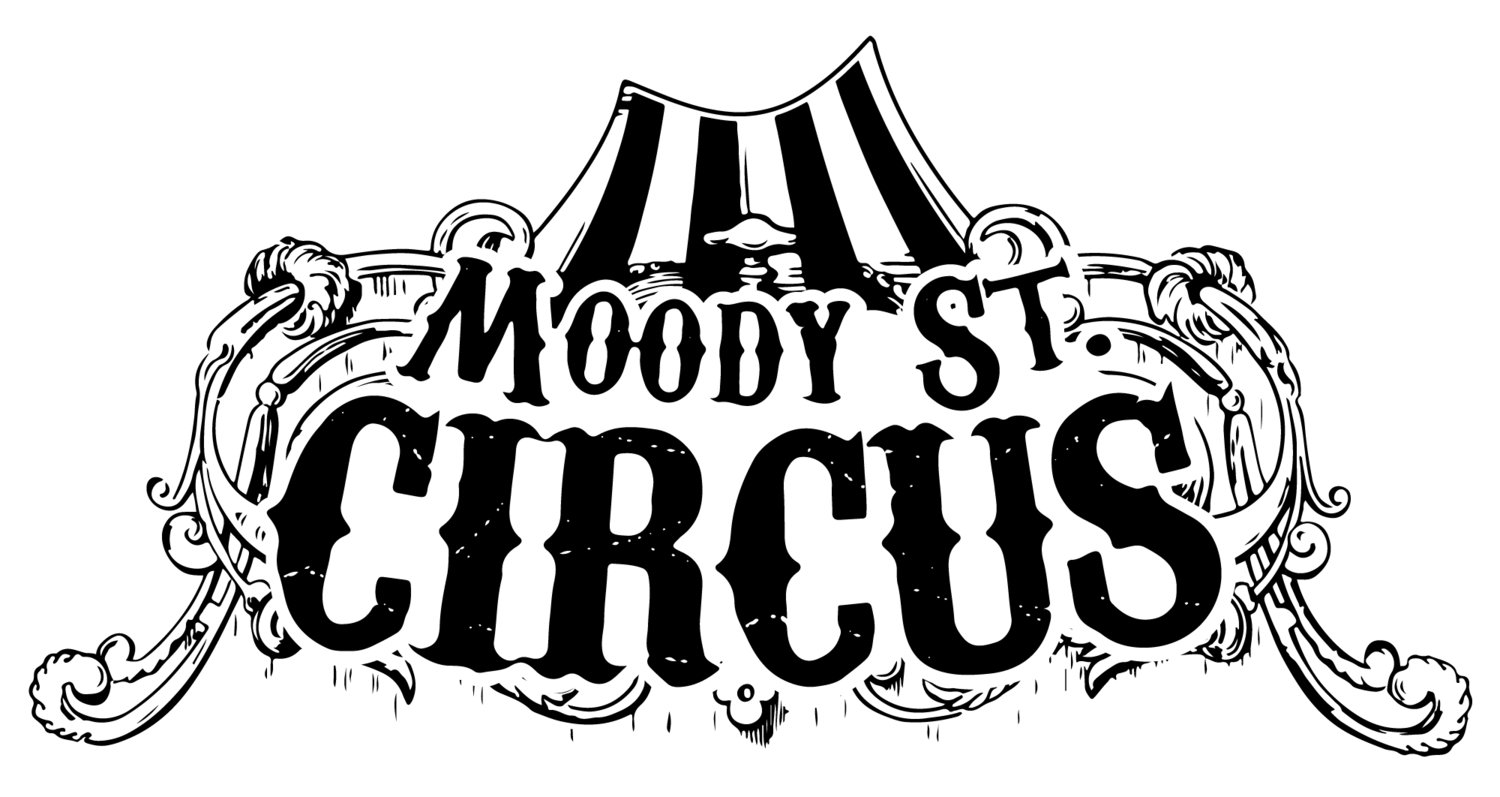Rhea’s Story. Part 5.
“As a dancer, I respond well to the Greek music because I’m a quick-twitch muscle person. I like to dance fast, and I can dance fast, and I can perform very complicated, tricky movements going really really fast. And they’re easy for me. I’m at my best if there’s a lot for me to do all at once. If the music is moderate tempo, it’s very hard for me to express it. I like music that is very buoyant and lively, otherwise it feels like I’m swimming in molasses. When I went to Turkey and danced the karsilima, I was told that I danced the way their grandmothers danced.
As for style being pure, remember that humankind started as nomadic. Survival was to be able to transplant yourself somewhere else. More than likely earlier peoples shared their customs and this continued when society became more war-dominated and male-oriented, as certainly the best dancers would have been captured and taken back to some other realm. And look at modern-day English, which bears torturous resemblance to Shakespearian English, or languages spoken at the time of Christ. Some latter-day languages are extinct, or exist (as with Latin) in the liturgy of the church and nowhere else. So how can we say that anything is correct or permanent? Or any “style” pure? It is the nature of people to want something secure and unchangeable to be able to deal with the vicissitudes of life. Most people cling to the past and fear the future.“
Excerpted from a 2002 interview from Jareeda magazine. Her conjectures are instinctive and her opinions may have changed - you can always call her and ask. She’ll tell you.
Photo from a long ago shoot mom organized - from one of my old school family album.
